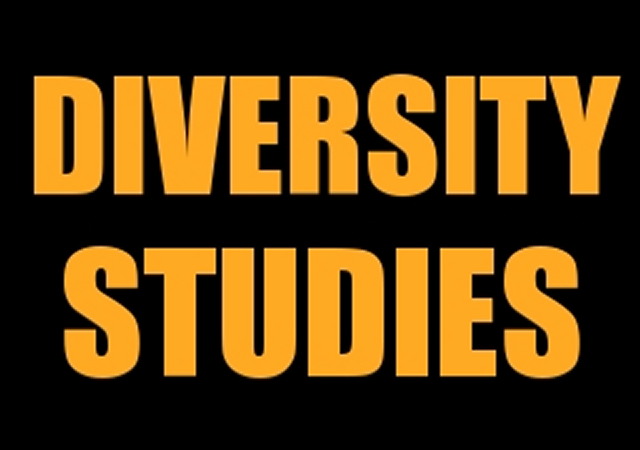Colleges Prepare for the Coming Backlash on DEI Policies
“The move to dismantle diversity, equity, and inclusion efforts, as they’ve become known, has been supercharged with the resignation of Claudine Gay”

The public now sees what has been happening on college campuses for years and there is pushback. That’s a good thing.
The Chronicle of Higher Education reports:
Amid National Backlash, Colleges Brace for Fresh Wave of Anti-DEI Legislation
At least 14 states this year will consider legislation that could dismantle the ways college administrators attempt to correct historical and structural gender and racial disparities and make campus climates more inclusive, according to a Chronicle of Higher Education analysis.
The Chronicle has identified at least 19 bills that will be considered in the coming months that seek to ban the employment and funding of diversity, equity, and inclusion offices; the use of pledges by faculty and staff to commit to creating a more inclusive environment on campus, commonly known as diversity statements; mandatory diversity training; and identity-based preferences for hiring and admissions.
While college administrators argue that they have a legal, moral, and financial obligation to more aggressively tackle forms of discrimination on campus and provide extra resources to historically marginalized employees and students — who will soon make up more than half of the nation’s population — opponents say those efforts are ineffective, illegal, and, in fact, discriminatory against white men.
The move to dismantle diversity, equity, and inclusion efforts, as they’ve become known, has been supercharged with the resignation of Claudine Gay, Harvard University’s first Black president, over plagiarism charges, her handling of protests surrounding the Israel-Hamas war, and the belief that she unfairly benefited from discriminatory hiring practices.
Gay “is the poster girl, if you will, for a lot of the complaints and critiques about higher ed in the last few years. She was dean of the faculty, she implemented DEI programs and got kudos for that, and rode that to the Harvard presidency,” said Ilya Shapiro, a senior fellow and director of constitutional studies at the Manhattan Institute.. “She was a bureaucrat that crystallized DEI structures. … There seems to be a window, a policy-push window, against DEI that is open.”
Since The Chronicle began tracking DEI legislation in early 2023, 49 bills have been introduced across 23 states. Almost two dozen of those bills last year were either tabled, failed to pass, or vetoed, while seven bills in five states were signed into law.
Donations tax deductible
to the full extent allowed by law.








Comments
James Hankins, who teaches history at Harvard, has a perceptive take on this in his “An Honest Diversity Statement” in the Law and Liberty blog.
To wit:
“Prudent and humane governments have usually tolerated a degree of pluralism in order to reduce social discord, but pluralism as such has not been celebrated as a positive feature of society until quite recently. In fact, diversity is a luxury good that can be enjoyed only in secure, peaceful societies. Even in such societies, it has to be weighed against other goods (like meritocracy) that will have to be sacrificed if it is pursued as an absolute good. An indiscriminate commitment to “diversity,” bereft of any loyalty to unifying principles, is the mark of a weak or collapsing society.”
What a great take on diversity and meritocracy!
Link:
https://lawliberty.org/an-honest-diversity-statement/
So when does Hankins get demonized and drummed out of academia?
And in another major academic contribution:
Harvard professors proudly assert that they have discovered that water is wet.
Great find. That’s very well said.
While a great many tools and poseurs occupy the heights of academia, it’s a shame the brains that also get filtered and swept into those entangling sargassos. Sometimes you encounter something from the as yet uncorrupted smart ones.
This from Catullus — of course I did not encounter it through higher ed — could be about our institutions:
I hate and love. If you ask me to explain
The contradiction,
I can’t, but I can feel it, and the pain
Is crucifixion.
Odi et amo: quare id faciam fortasse requiris.
Nescio, sed fieri sentio et excrucior.
Quote pulled here:
https://psyche.co/ideas/loves-contradictions-catullus-on-the-agony-of-infatuation
And now I have a new rat hole to explore. If the rest of that place is as good as that article, they probably deserve some support.